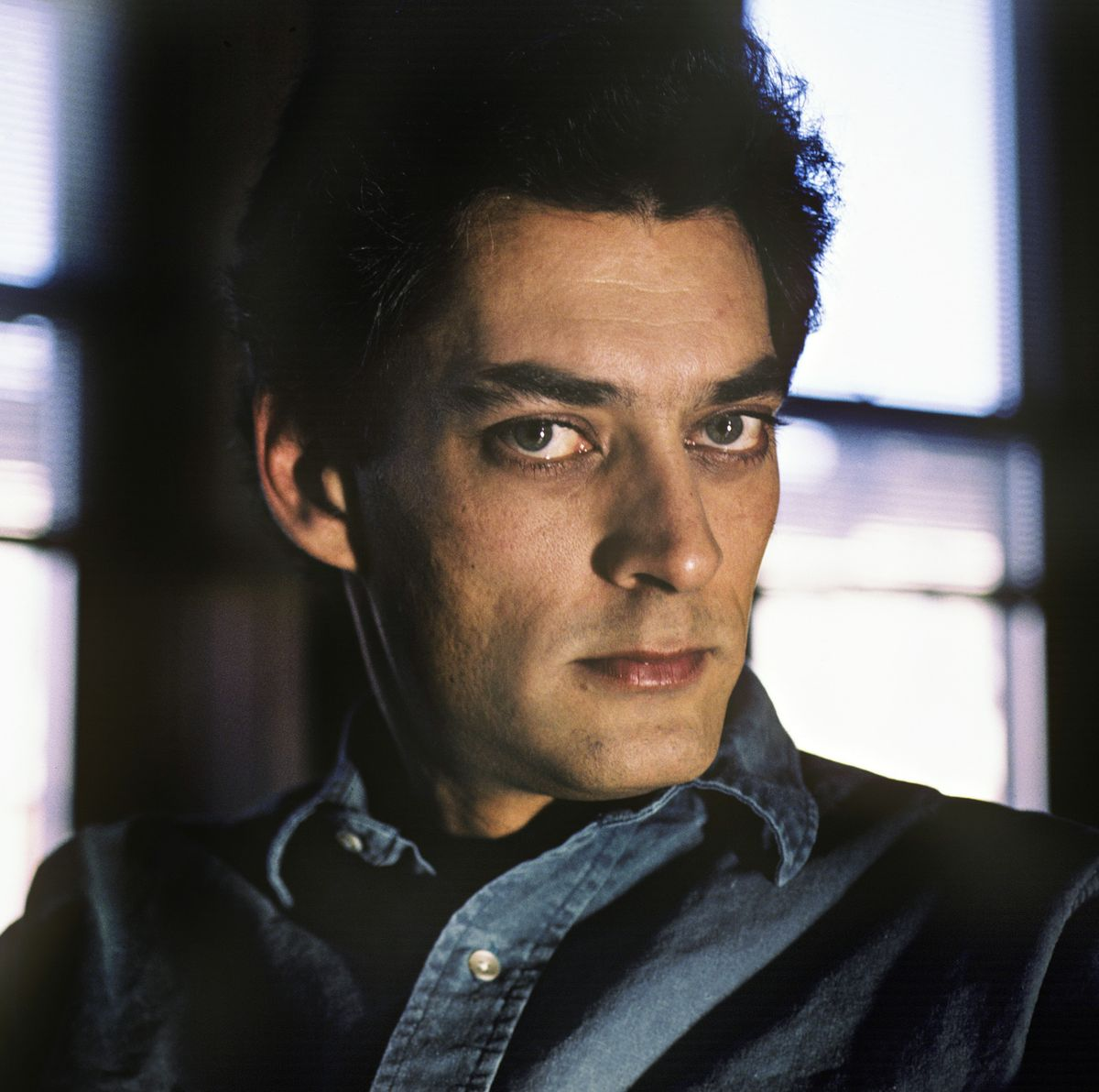Campo de siervos 1703
Antes del amanecer el ministro se despertó
por el sonido de las hachas
rompiendo puertas y ventanas.
Corrió hacia la puerta:
una veintena de indios con la cara pintada
estaban entrando en la casa
clamorosos.
Tres indios se apoderaron de él,
y lo ataron mientras estaba de pie con su
pijamas,
y comenzaron a disparar a la casa entrando
en cada habitación.
Mientras yacía, atado e indefenso pensó en
su esposa
y niños-su esposa
había dado a luz solo unos días antes-
y recordó el pasaje de Isaías
“Iré a las puertas de la tumba
privado del resto de mis años”.
Los indios se habían llevado a dos de sus hijos a la
puerta
y los mataron
asi como a la mujer negra
que ayudó a cuidarlos;
manteniéndolo atado con la cuerda alrededor de un
brazo
lo dejaron ponerse la ropa con el otro
y dejar que su esposa se vista también,
así como sus hijos que habían quedado vivos.
Cuando el sol estaba a una hora alta
todos fueron sacados de la casa
para el viaje de trescientas millas a Quebec
nieve hasta las rodillas.
Muchas de las casas ahora estaban en llamas;
y al salir del pueblo vio su casa y su granero en
llamas.
Al principio, al ministro no se le permitió hablar con
ninguno
de sus compañeros cautivos
mientras marchaban,
pero al segundo día tenía a otro indio para vigilarlo
y se le permitió hablar con su esposa cuando la alcanzó
y podría caminar con ella y ayudarla.
Ella le dijo que estaba perdiendo fuerzas
y que debían esperar para partir
y que esperaba que Dios lo mantuviera vivo
y a sus hijos todavía entre los vivos-
pero ni una palabra de queja
diciendo que era la voluntad de Dios.
Cuando llegaron a un pequeño río
los cautivos tuvieron que vadearlo
con el agua hasta las rodillas
en la corriente veloz.
Después tuvieron que subir una colina,
casi una montaña,
y la fuerza del ministro casi se había agotado
cuando llegó a la parte superior
pero no se le permitió sentarse
incluso sin carga de su mochila.
Le rogó al indio a cargo de él dejarlo bajar
y ayudar a su esposa
pero el hombre no se lo permitió;
y preguntó a cada uno de los cautivos al pasar sobre
ella:
y escuchó al fin que al atravesar el río ella se cayó
y se zambulló de cabeza al agua
y después de eso al pie de la colina
el indio que la mantuvo cautiva
la mató con un golpe de su hacha
y dejó el cuerpo como carne
para las aves y las bestias.
Deerfield:1703
BY CHARLES REZNIKOFF
Before the break of day the minister was awakened
by the sound of hatchets
breaking open the door and windows.
He ran towards the door:
about twenty Indians with painted faces
were coming into the house
howling.
Three Indians took hold of him,
and bound him as he stood in his night-shirt,
and began to rifle the house going into every room.
As he lay, bound and helpless, he thought of his wife and
children—
his wife had given birth only a few weeks before—
and he remembered the passage in Isaiah:
“I shall go to the gates of the grave
deprived of the rest of my years. . .”
The Indians had taken two of his children to the door
and killed them,
as well as the Negro woman
who helped take care of them;
keeping him bound with the cord about one arm,
they let him put on his clothes with the other;
and let his wife dress herself, too,
as well as their children left alive.
When the sun was an hour high
all were led out of the house
for the journey of three hundred miles to Quebec—
snow up to their knees.
Many of the houses were now on fire;
and, as they left the town,
he saw his house and barn burning.
At first the minister was not allowed to speak to any of his
fellow captives
as they marched,
but on the second day he had another Indian to watch him
and was allowed to speak with his wife when he overtook her
and could walk with her and help her along.
She told him that she was losing her strength
and they must expect to part
and she hoped that God would keep him alive and their children
still among the living—
but not a word of complaint
saying that it was the will of God.
When they came to a small river
the captives had to wade it;
the water knee-deep
and the current swift.
After that they had to climb a hill,
almost a mountain,
and the minister’s strength was almost gone when he came to
the top;
but he was not allowed to sit down
and even unburdened of his pack.
He begged the Indian in charge of him
to let him go down and help his wife
but the man would not let him;
and he asked each of the captives as they passed
about her;
and heard at last that in going through the river
she fell
and plunged headfirst into the water;
and, after that, at the foot of the hill
the Indian who held her captive
killed her
with one stroke of his hatchet
and left the body
as meat for the fowls and beasts.





